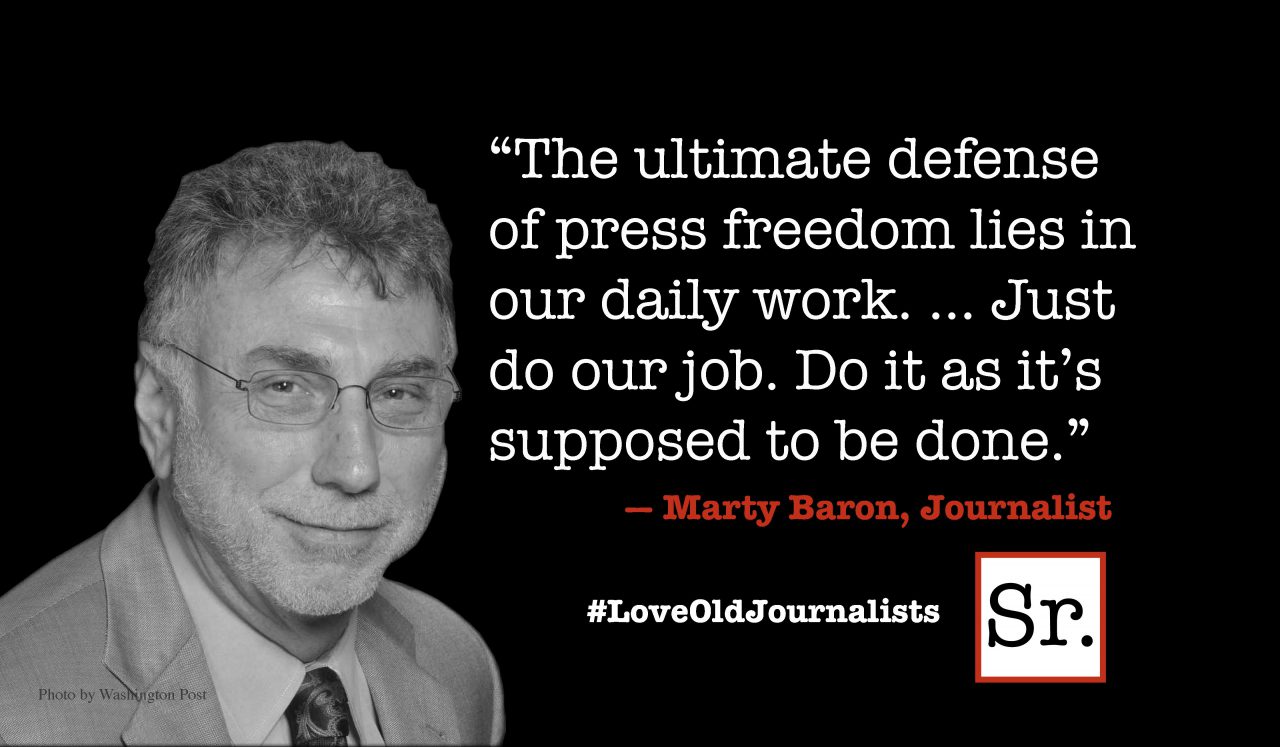"If you don't like change, you're going to like irrelevance a lot less." Tom Feltenstein
We are surrounded by it, affected by it, traumatized by it and benefited by it. As they say, "IT Happens!" Change happens to and through us, whether we like it or not.
We experience continuous change at a personal level. Some of the changes we consider to be improvements. Others, we are not so thrilled about.
And we most certainly experience continuous change in the workplace, often brought about by dynamics in the greater political-socio-economic environment. Think health care. How challenging must it be to anticipate and analyze the organizational changes required to survive and thrive in that sector? And as it happens, most of us have been, or will be, impacted by more health care changes. So stand by.
We deal with change nearly as frequently as we eat breakfast, lunch and dinner. It's always on the menu whether we have an appetite for it or not. We must digest it. Just about the time we begin to figure it all out and develop that comfortable, secure feeling that many of us yearn for, change happens! Then more change. And on it goes.
Some of us enjoy creating new ways of working on old problems, and we get a kick out of engaging others in implementing changes and improvements. Some of us prefer a lot more stability, and we remember when we could rely on that stability in our jobs and workplaces. Not so, anymore. Many of the changes we experience are driven by technology. Sameness is just not an option. Either we lead and manage change, or it will manage us.
The Quality Coach has provided leadership and coaching for many organizational change initiatives over the past two decades. We have learned how to effectively lead change initiatives and how not to.
For example, we've learned that change is an emotional process. When leaders decide to initiate change, they tend to treat it strictly as a logical process. Logic is critical. People need to know why the changes are needed, what problems will be solved, what benefits are to be gained and what problems might be created by the change.
We've learned the importance of doing change with people, not to people. In their book, “Change is Good…You Go First,” Mac Anderson and Tom Feltenstein suggest that as leaders, we might consider "inspiring and encouraging" the changes we need to see rather than relying completely on business logic.
The authors also remind us of how critical personal accountability becomes with respect to leading change. Simply put, when things disappoint us, we can easily discover the cause by pulling out the best leadership tool ever invented…the mirror.
When we get that a simple "adjustment" in our attitude, our approach will make a monumental difference in our dealings with others. We are ready to model the power of personal accountability for those looking to us for leadership. Like everything else, personal accountability flows downhill. And so does blame. When folks hear us blaming others or deflecting responsibility, that's their cue to do the same.
Most of us seek the comfort of habit and routine. Unchartered territory is scary. Resistance and pushback slow things down. Resistance literally impedes the organization's ability to adapt to changing external circumstances. Our very survival depends upon the speed at which we can adapt. This is how we remain relevant.
"Progress involves risk. You can't steal second base and keep your foot on first." Frederick Wilcox









